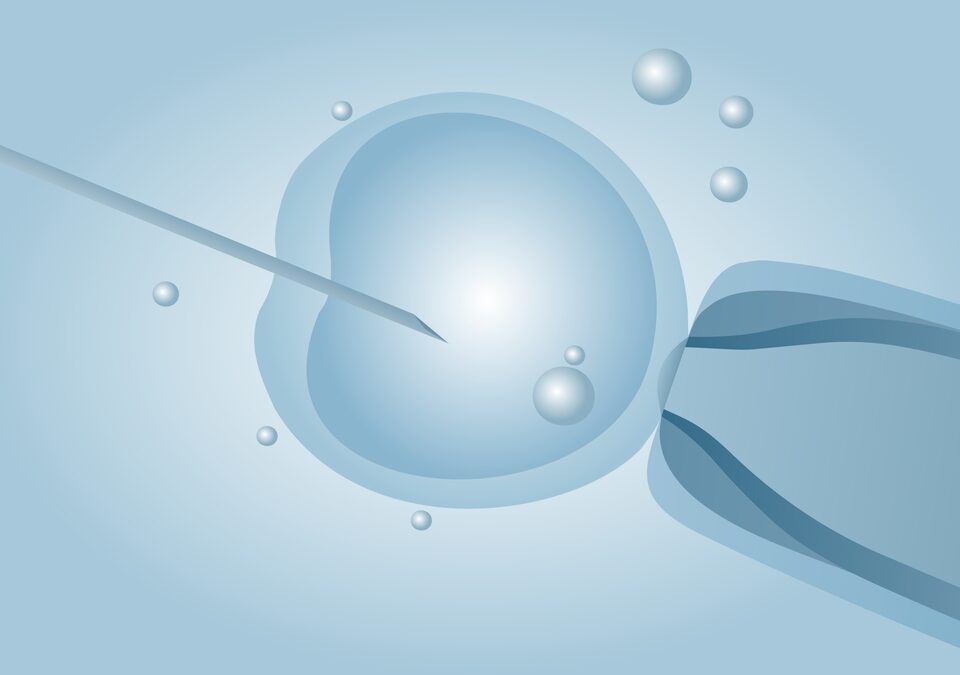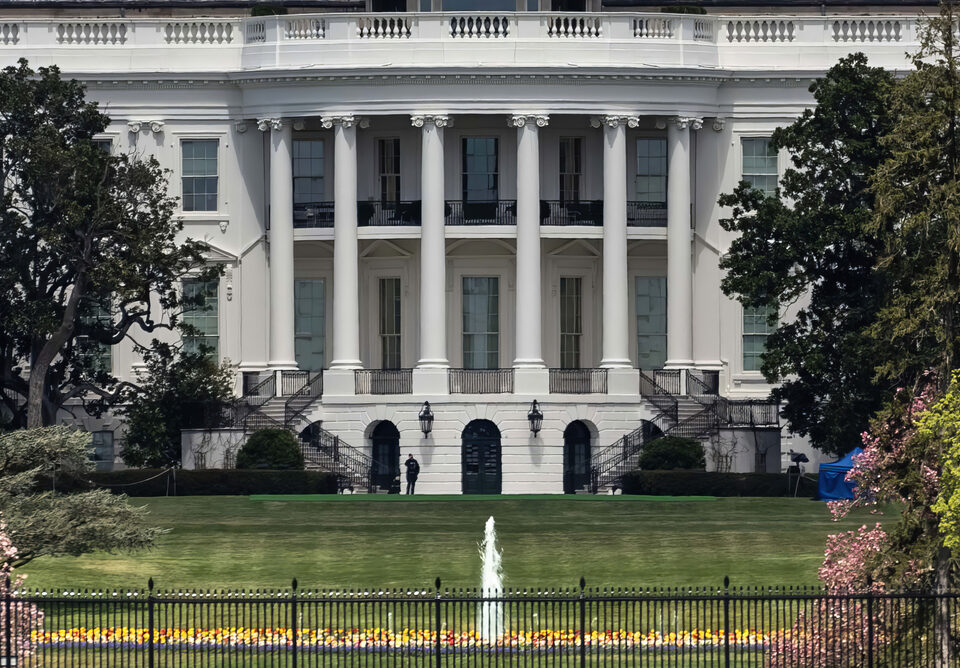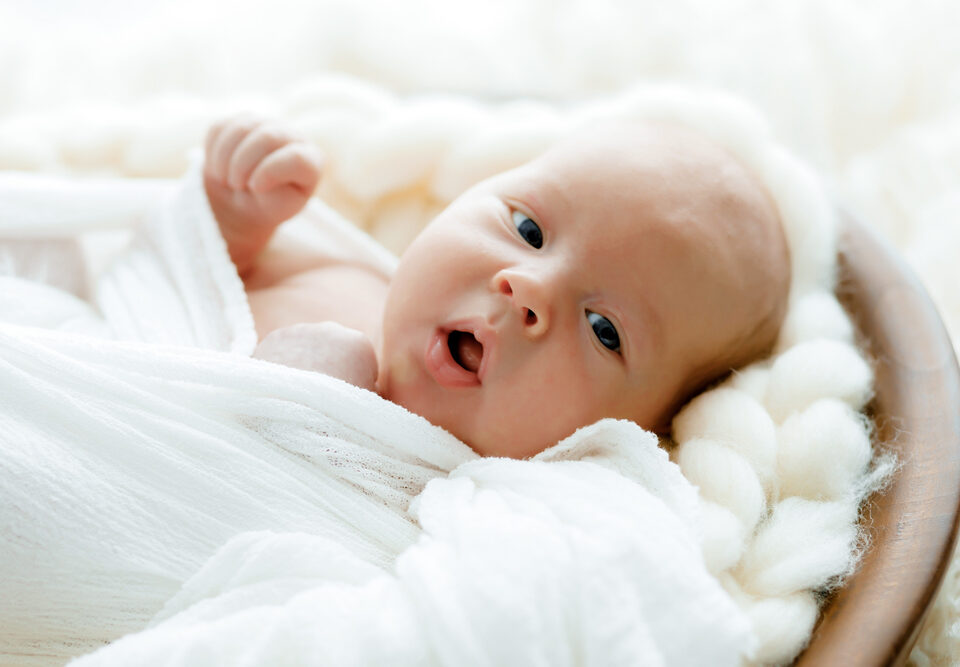Governor Brown Signs Bills Benefiting the LGBT Community
十月 19, 2015Ruling in Arkansas Allows Birth Certificate Amendments
十二月 2, 2015As the legal clock ticks, the California class-action lawsuit regarding the rules and regulations surrounding egg donor reimbursement continues to escalate. In addition to legal analysts speaking up about donor price-fixing, former egg donors are chiming in.
The lawsuit is aiming to get retribution from the American Society for Reproductive Medicine (ASRM) and the Society for Assisted Reproductive Technology (SART).
The lawsuit alleges an illegal price-fixing agreement in violation of the United States antitrust laws. Former egg donors are voicing how their fertility clinics set impenetrable boundaries capping their compensation at $10,000.
Former egg donor and journalist, Raquel Cool, wrote a commentary on Fortune.com describing how she replied to an egg donor ad from CraigsList.
Upon meeting with the agency, she inquired about the “up to” $10,000 reimbursement. The agency owner told Cool, “Let’s be clear: you are not selling your eggs. You are donating them.” She continued, “The money is an honorarium—for your time and effort.”
Cool described the verbal exchange as contradictory. The same woman who posted the ad reading “EARNING THOUSANDS” on the internet seemed to be chiding Cool for her focus on earning money, and negotiating the $7,000 Cool was offered appeared not to be an option. However, since 2011, when Cool became an egg donor, much has transpired in the industry. Cool writes, “This year, two groundbreaking court cases may bring transparency to the $80 million egg donation market. Back in January, the U.S. Tax Court weighed in on a case brought forward by Nichelle Perez, an egg donor who argued that the $20,000 she received for her egg donations should be excluded from her gross income and exempted from taxes owed.” Perez lost her case, and the compensation from her egg donations was declared taxable income. Circling back to ASRM and SART, Cool wrote, “When I was told that payment should not exceed $10,000, the egg broker cited the American Society for Reproductive Medicine (ASRM). The ASRM has issued guidelines stating that paying an egg donor more than $10,000 is ‘beyond what is appropriate’ and paying $5,000 or more requires ‘justification.’”
Cool went on to say that she is backing this lawsuit. In her opinion, “the wishes of egg donors have been ignored for a very long time.” For Cool, it is more than just the monetary compensation that is a lingering issue in the realm of egg donation. She believes that the health and wellness of donors should be a more relevant focus.
From an egg donor perspective, Cool brings fresh and valid opinions. Here is my legal view.
It is true that ASRM and SART have guidelines stating that egg donors should receive no more than $10,000. While I cannot speak for ASRM or SART, it appears the intent behind this is to prevent coercion in the industry.
With that said, I think that some agencies and medical practices with egg donor programs took a very hard-line stance. They refused to pay more than $10,000 no matter what the circumstances were.
However, other agencies and egg donor programs allowed the egg donors the flexibility to base their fees on a multitude of factors including experience, success, background, and other variables.
While the intent of ASRM and SART was respectable, I do think the $10,000 guideline does not fit all cases and all situations. I also believe it’s time for a revision since those guidelines have been in existence for more than a decade without any upward adjustment. Perhaps it’s time to raise the cap on egg donor compensation to $15,000 or not set one at all?
Whatever the outcome of this case, it’s going to be interesting to watch it unfold.




